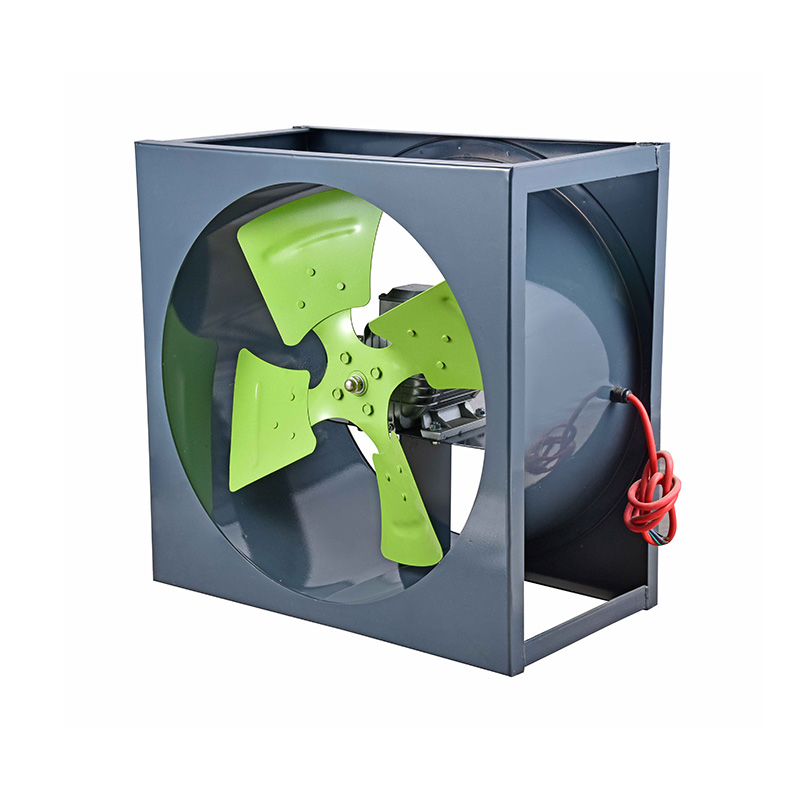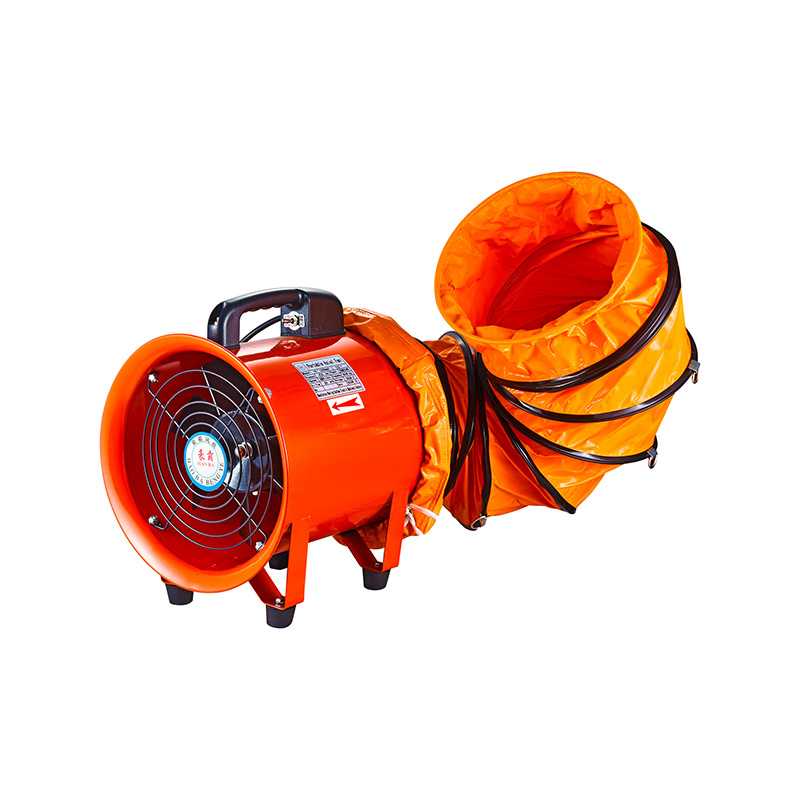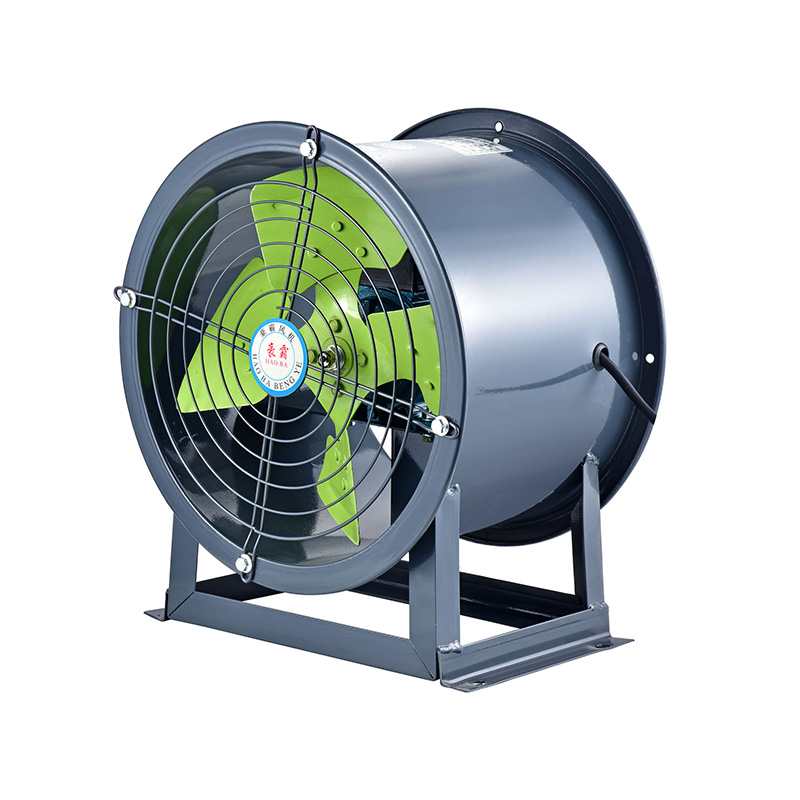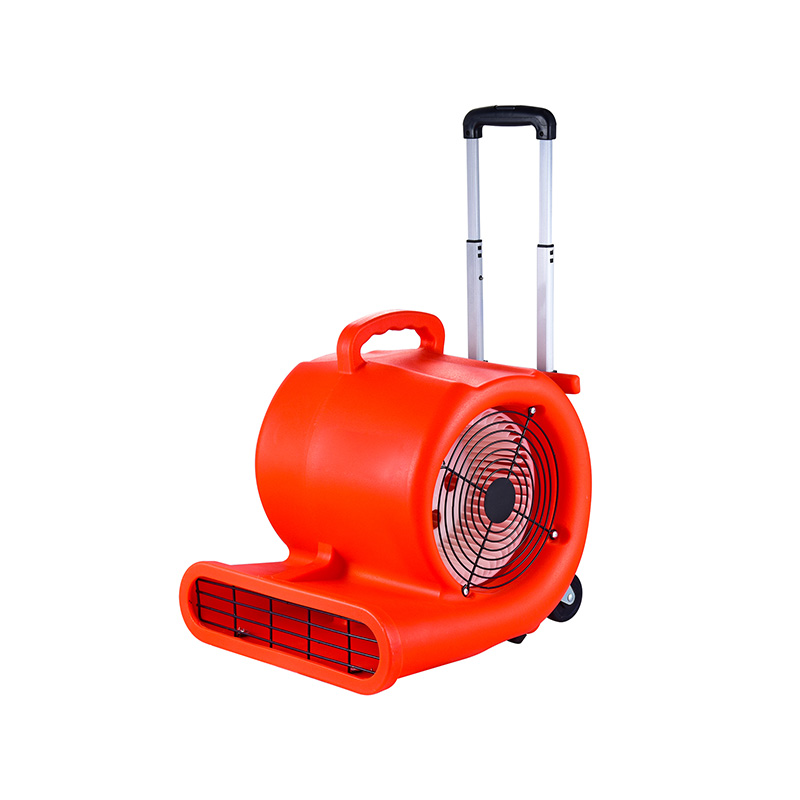Advantages Of Using Plastic Fans In Corrosive Environments
2025-07-08
In industrial and commercial settings, managing air movement in corrosive environments presents unique challenges. Whether it's chemical processing plants, wastewater treatment facilities, or coastal operations, the presence of corrosive gases, vapors, or high humidity levels can rapidly degrade standard ventilation systems. This is where plastic fans have proven to be a practical solution.

Unlike traditional metal fans, plastic fans are inherently resistant to a wide range of chemicals. Materials such as polypropylene (PP), polyvinyl chloride (PVC), and fiberglass-reinforced plastics (FRP) are commonly used in the construction of these fans. These materials do not rust or corrode when exposed to acidic or alkaline substances, making them suitable for long-term operation in harsh environments.
The application of plastic fans can be observed across different fan types. For instance, many facilities now integrate large centrifugal blowers made of corrosion-resistant plastics to handle high airflow volumes. These fans are typically installed in areas where fumes from acids or solvents need to be continuously extracted. The large centrifugal blower is capable of delivering steady performance without suffering the degradation that metal alternatives would experience under similar conditions.
For more confined or localized tasks, a small high pressure fan made from plastic offers a compact yet efficient option. In laboratory ventilation or fume extraction systems, these fans are able to handle concentrated corrosive gases in small volumes without sacrificing reliability. Since the small high pressure fan operates in close proximity to the source of emissions, corrosion resistance is crucial to maintaining both safety and operational consistency.
The axial fan series is another category where plastic components are increasingly used. These fans are often deployed in tunnel ventilation, warehouse cooling, or marine applications, where exposure to saltwater and humidity is a constant concern. In such cases, an axial fan series built with plastic impellers and casings can offer longer service life compared to metal versions. Even with regular exposure to corrosive air, these fans maintain their structural integrity and functionality.
Beyond their resistance to corrosion, plastic fans offer other advantages worth noting. They are significantly lighter than metal fans, which makes them easier to install and reposition. This can be particularly beneficial in large facilities where multiple large centrifugal blowers must be suspended or mounted in hard-to-reach areas. The lighter weight reduces stress on mounting structures and simplifies the maintenance process.
Furthermore, plastic fans tend to generate less noise due to the damping properties of plastic materials. In facilities where noise control is important, such as laboratories or indoor processing areas, using a small high pressure fan with a plastic enclosure can contribute to a more comfortable working environment.
The axial fan series also benefits from the versatility of plastic construction. Blades can be molded into more aerodynamic shapes, optimizing airflow and reducing resistance. This contributes to better energy efficiency, a critical factor for companies aiming to lower operational costs. Additionally, plastic fans are often easier to clean and maintain, since many corrosive deposits do not adhere as strongly to smooth plastic surfaces.
In corrosive environments where durability, safety, and low maintenance are essential, plastic fans have become a trusted choice across industries. Whether you’re running a chemical plant that requires multiple large centrifugal blowers, managing lab systems that rely on a small high pressure fan, or equipping a facility with an axial fan series, plastic construction offers a balance of strength and resistance that meets modern ventilation demands.
While plastic fans may not suit every application, their value in environments where corrosion is a constant threat is clear. The flexibility in design and application—from a compact small high pressure fan to a robust large centrifugal blower, or a streamlined axial fan series—shows how plastic continues to reshape the world of industrial airflow management.

 English
English русский
русский عربى
عربى









